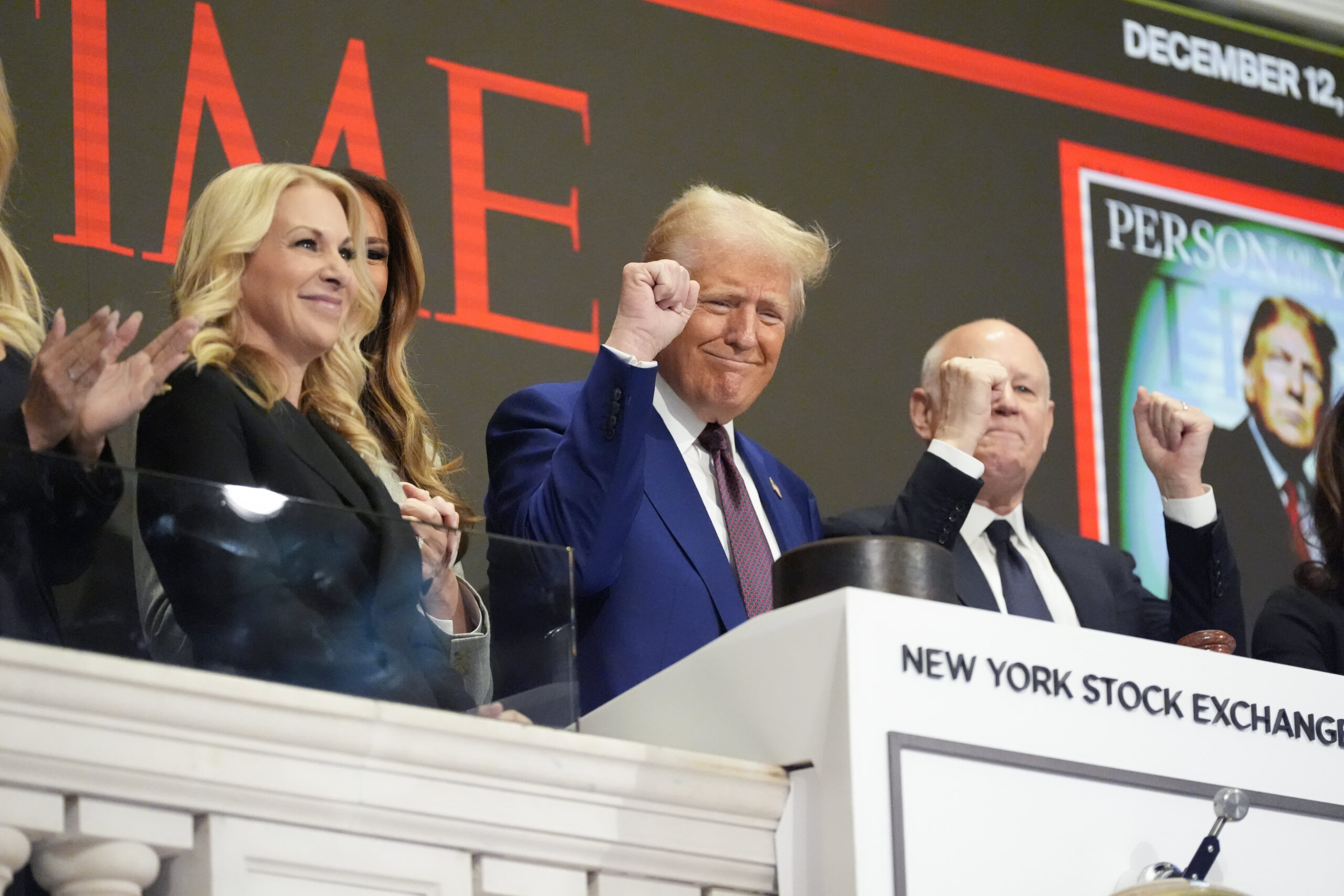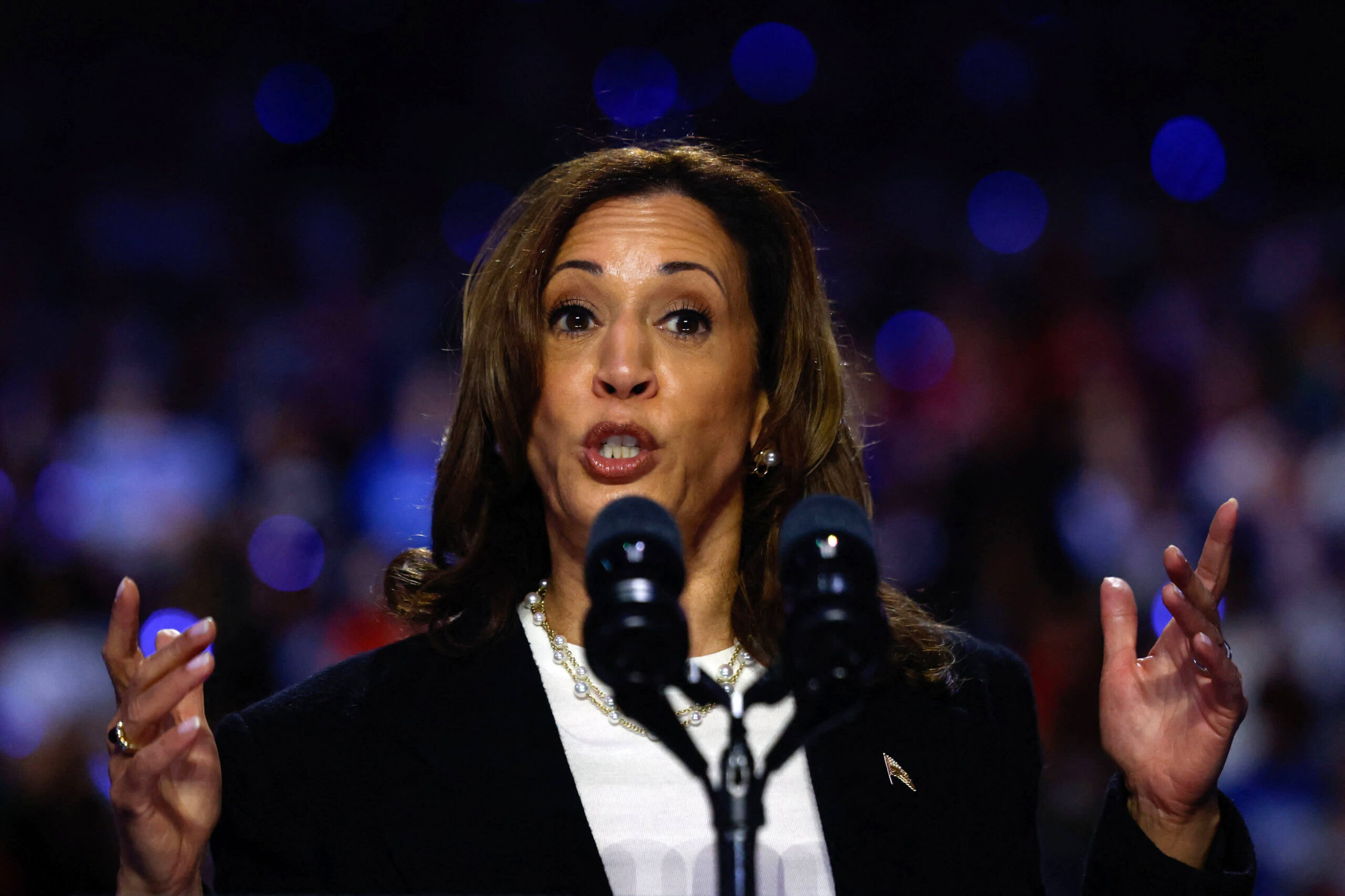LONDON: UK inflation is expected to fall to the Bank of England’s (BoE) target for the first time in almost three years, but the milestone may do little to help Prime Minister Rishi Sunak’s beleaguered government ahead of the July 4 general election.
Economists expect official figures tomorrow to show consumer prices rose 2% in May from a year earlier, slowing from 2.3% in April.
It would represent a symbolic moment after a painful battle to bring down inflation from double-digit levels just over a year ago.
However, consumers and businesses hoping for immediate relief from the highest interest rates in 16 years are likely to be disappointed.
On Thursday, the BoE is expected to leave its benchmark rate at 5.25%, with governor Andrew Bailey and his colleagues concerned about stubbornly high services inflation and anxious not to be drawn into the election campaign.
That’s bad news for Sunak’s Conservatives, which last Friday slumped to their lowest ebb in opinion polls going back to the start of 2021.
With the Labour opposition’s lead holding at over 20 percentage points during three weeks of campaigning, leader Keir Starmer is on track to become Britain’s next prime minister after 14 years of Tory rule.
The sharp fall in inflation has allowed Sunak to declare victory over the cost-living crisis – one of the key pledges he made to voters at the start of last year.
But his party is getting little credit for what is largely the BoE’s achievement.
A bigger problem is that the damage is already done after inflation outpaced wages for almost two years until the middle of 2023.
Living standards for the average person remain lower than they were before the last election in 2019.
Investors will be scrutinising the consumer price index (CPI) report and BoE decision for clues on whether price pressures have cooled enough for officials to mull cutting borrowing costs in the first few months of the next government.
The election campaign has prevented rate setters from speaking publicly. They previously suggested a summer rate cut was in play, and economists expect the BoE to reiterate that guidance.
“A chunky overshoot for UK services inflation in April has ended hopes of a June interest rate cut,” said Andrew Goodwin, chief UK economist at Oxford Economics.
“Still, we expect the Monetary Policy Committee to stick to its message that rate cuts are coming soon if data fall roughly in line with its forecasts.”
Economists surveyed by Bloomberg expect the BoE to deliver the first of two rate cuts this year in August.
Money markets are more hawkish, only fully pricing in a reduction in November.
Another reading showing sticky services inflation, which was still running at almost 6% in April, could entrench those bets.
“All eyes will be on the services CPI reading, following April’s stronger-than-expected print,” said Dan Hanson and Ana Andrade of Bloomberg Economics.
“Looking ahead, headline inflation will probably fall below 2% in June, clearing the way for rates to be cut in August.”
They expect services inflation to slow to 5.5%, in line with the median Bloomberg survey forecast. The BoE forecast is for 5.3%, and 1.9% for overall CPI inflation, though the projections were made before April’s upside surprise.
Money market pricing is largely tracking rate bets in the United States, where Federal Reserve officials suggested last Wednesday that there will be only one cut this year in their dot-plot projections.
The European Central Bank began loosening policy earlier this month but left investors unclear about the outlook. — Bloomberg


